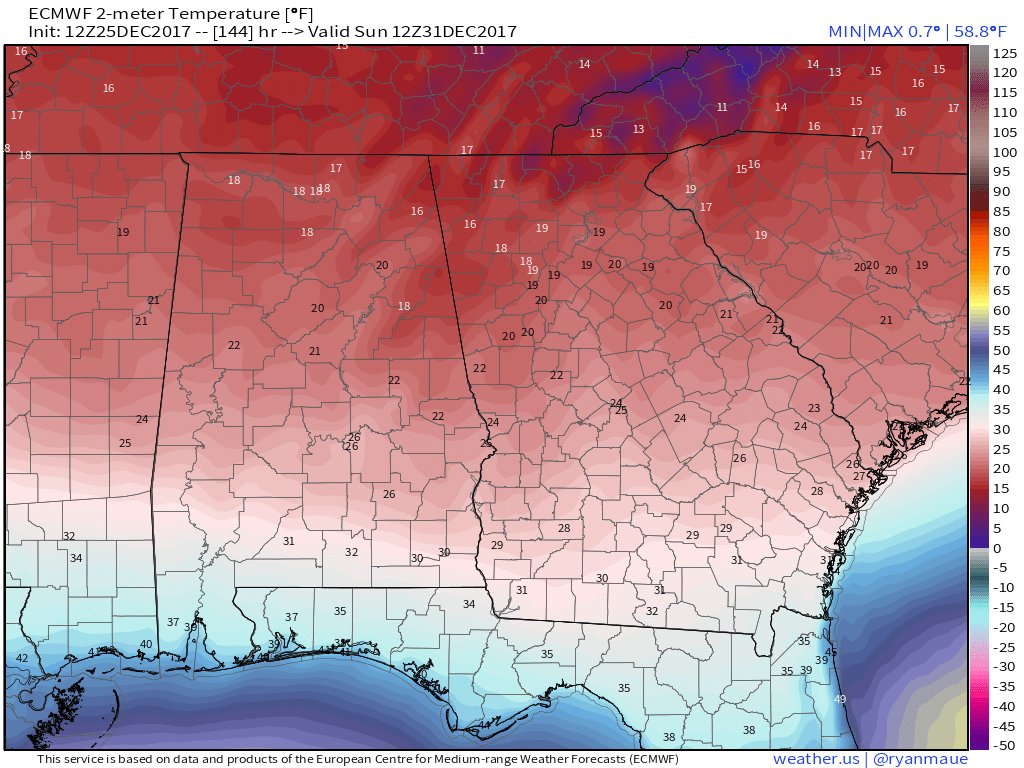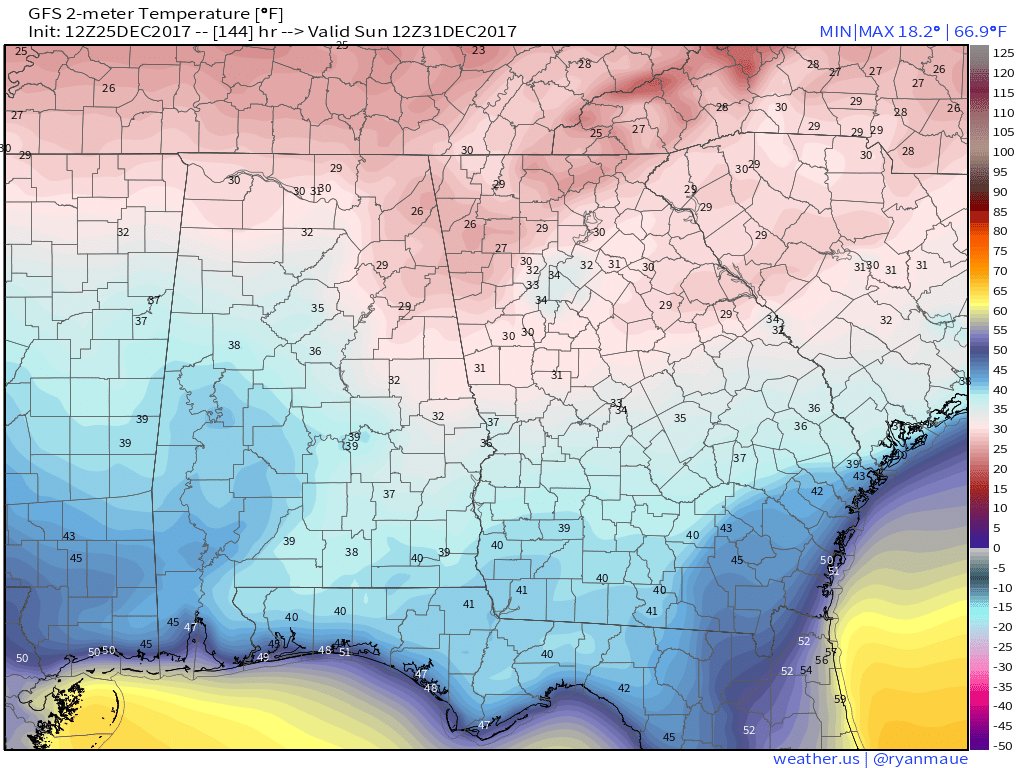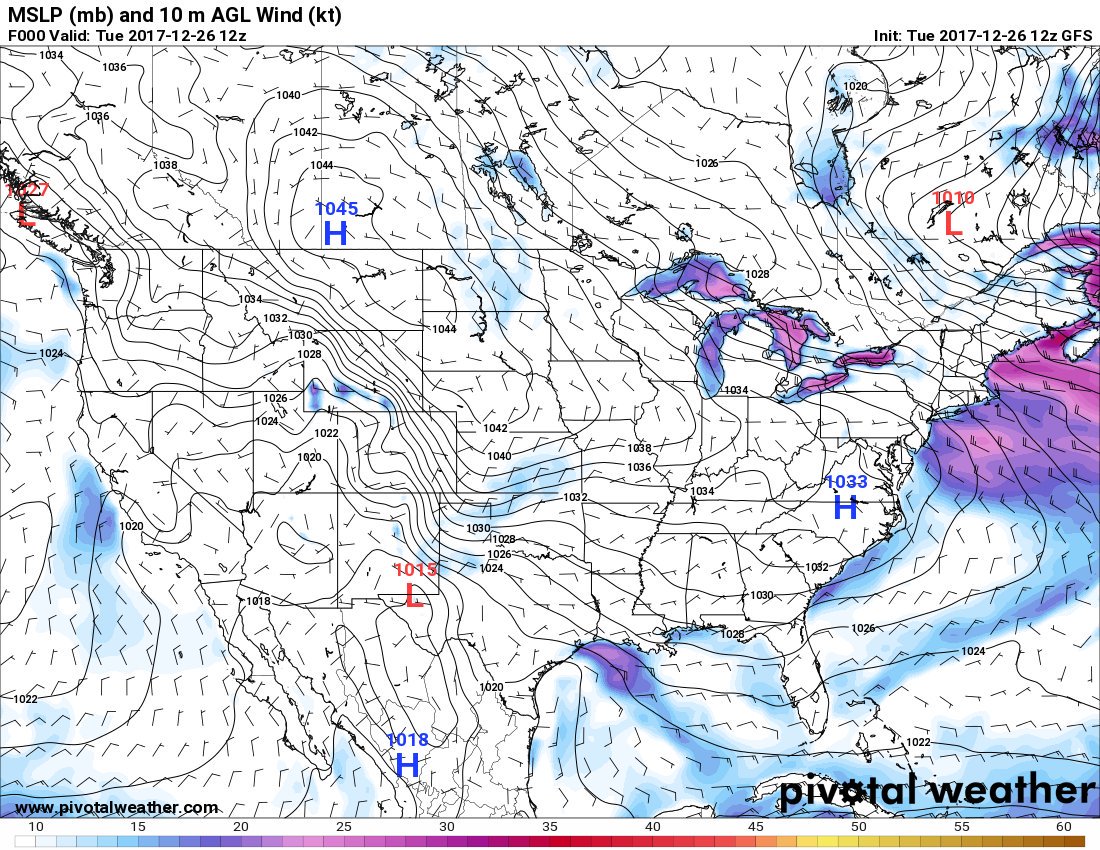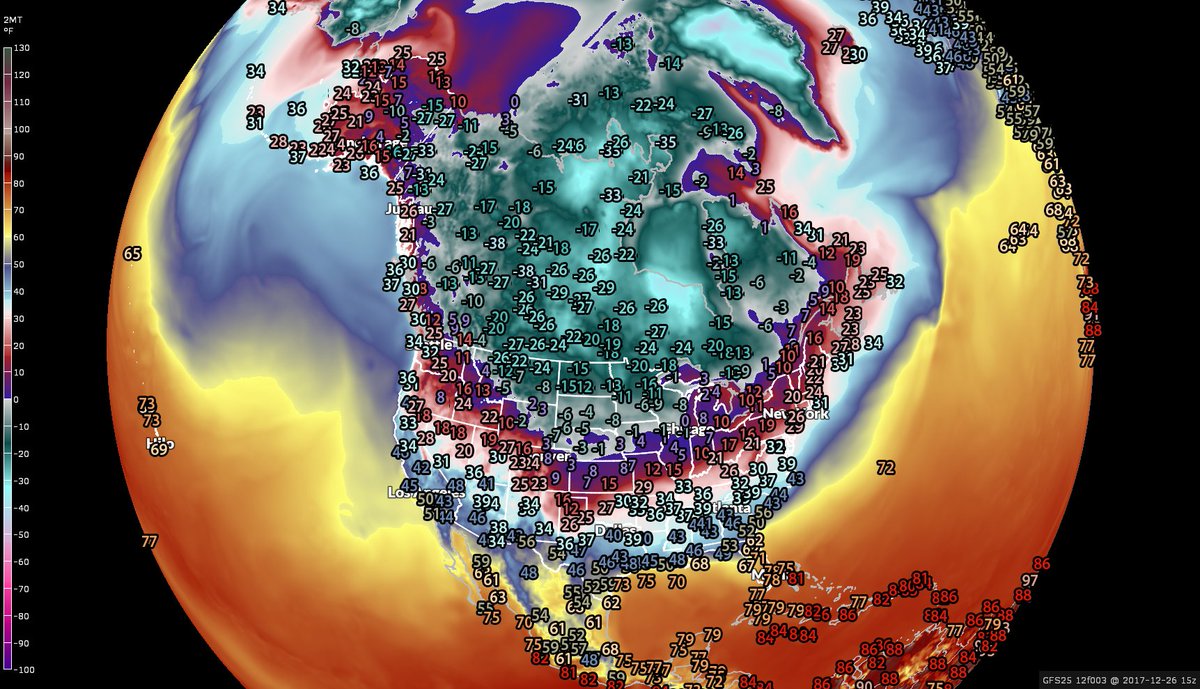Tuesday December 26th… Dear diary. Here is today’s climate change related topic:
Smart Asphalt
Segueing from my last post on banning the internal combustion engine, there is a lot more that can be done to improve transportation even if there is no quick switch to all electrics. Our nation will be investing a lot on infrastructure upgrades soon. I wish that the powers that be would consider upgrading roads to new technology that conserves energy by greatly improving optimization in the flow of traffic.
While driving all of us note intersections that are clogged with stop and go traffic in which stop lights are very slow to turn green. Yep, yours truly has uttered a few choice four letter words being frustrated at these.😉 We all know that cars get more miles per gallon in the country than in the city because automobiles waste a lot of energy while in slow stop and go traffic. Now there is a new method for monitoring traffic via buried fiber optic cables within “smart asphalt.” This article explains what is involved in the new process:
https://asphaltplus.com/2017-asphalt-industry-predictions-adivce/
From the article:

Investing $15 million, Ohio is planning on installing advanced highway technologies following a 35 – mile stretch of U.S. Route 33 along the Smart Mobility Corridor.
The 35 – mile, four lane stretch of road with limited access will be equipped with high-capacity fiber optic cables that will:
- Instantly link researchers and traffic monitors with data from sensors that are located along the road.
- Allow premier automotive testing, research and manufacturing facilities to work on highways that carry 50,000 vehicles per day and test the smart technology.
- Calculate frequent and accurate traffic counts.
- Monitor weather and surface conditions.
- Help find incident management improvements.
Computerized monitored traffic lights can be programmed to allow much better flow of traffic. Those considering any investment in infrastructure will want to take a close look at smart roads. Also, let’s choose state of the art paving material that resists break down, thus keeping the need for repaving at a minimum and therefore being more environmentally friendly. Better yet, let’s pave roads consisting of solar cells…That’s right, solar cells. China is once again eating besting the U.S. when it comes to infrastructure:
 Mike HudemaVerified account @MikeHudema
Mike HudemaVerified account @MikeHudema

………………………………………………………………………………………………………………………
O.K. So after the Christmas break I can report a real threat of very cold weather plowing into the southern U.S. but now not until New Years Eve and Day. We’ve seen these threats before though. Models have been forecasting an arctic blast to go as far south as the Gulf Coast all December, but the atmosphere hasn’t pulled that trigger…perhaps due to the effects of carbon pollution, but that’s just an educated hunch. It’s taken all December to build up cold air in Canada and the northern Plains for this “invasion.”
The cold air coming in the wake of a front, which may produce more wintry precipitation, should threaten some record lows given this pressure and low thickness pattern:

Relatively cold air masses moving into the U.S. greater than 1050 millibars are very rarely observed, but indeed that is what the GFS model has been forecasting for days. I look for consistency in the models in the medium range before making a forecast. Now let’s look at two meter temperatures to see just how cold it may get by 1/2/18:

Using: http://threadex.rcc-acis.org/ the record low at St. Louis woud be broken by 1 degree. The prior record for 1/2 was -9F set in 1879…a very long standing record. Indeed, if St. Louis sets a record many more reports of record lows will get into the NCEI database from this cold outbreak.
I’ve noted that the European model keeps pushing this air mass to the south too fast:
Near 20F for a minimum on 12/31 at Atlanta? The GFS forecasts a low near 34F. We’ll see if the European model is too cold in this weather pattern. @RyanMaue @bhensonweather @Weather_West @blkahn @capitalweather @ClimateCentral @edgarrmcgregor


Others have too:


Since the air mass is building now though, I’m quite sure that it will eventually move south. Will it be a record breaker? Stay tuned. Here is what we see over Canada this morning:
 Brad PanovichVerified account @wxbrad
Brad PanovichVerified account @wxbrad

I’ll may post more relevant information later today if it crosses my radar.
The Climate Guy
……………………………………………………………………………………………………………………………
Saturday December 23rd… Dear diary. Here is today’s climate change related topic (Note…In observance of the holidays I won’t post another blog until Tuesday 12/26.):
Banning Internal Combustion Engines/Banning Harm to Humans and the Environment
Folks I do have a spiritual side. In the spirit of the holidays I’m going to propose something that just plain makes common sense. Do unto others as ye shall have them do unto you. I am an eternal optimist. During my time here on this planet I have witnessed the struggles of the successful Civil Rights Movement in this country and the fall of Apartheid. More and more people worldwide are turning their backs on those who willingly do harm to others, giving people more freedom to live better, moral lives. No longer is it acceptable to enslave others or harm people just because they are of another race except in ever decreasingly small areas like North Korea.
People in general, of no matter what political stripe, don’t enter into adulthood consciously wanting to hurt others unless they have psychological problems. Do most people realize at this point in history that they are harming their neighbors and the planet just by driving trying to get from points A to B? Yes, by having used an automobile I’m just as guilty as an increasing number of Earthlings. If people consciously knew what they were doing most would quit driving ASAP.
This is not to write or suggest that people give up the internal combustion engine cold turkey. That would be doing harm to their family, careers, and lifestyles if there is no access to efficient public transportation or the budget to purchase electric vehicles. Rather, I’m suggesting that the pressure for change should stand on high moral ground. People should visualize an awful future for their neighbor’s progeny as well as their own if they don’t quit smoking the cancerous driving cigarette. There should be rational, quick incentives for change that aren’t detrimental to any individuals.
Unfortunately, besides people coming to the conclusion that going all green is the moral thing to do, there will be external environmental pressures forcing the issue. I’m wondering at what date will internal combustion engines be banned worldwide…2030, 2040, 2060 or beyond? When the writing truly is on the wall that change us necessary lest all large coastal cities be lost or need to be rebuilt well inland, what will happen to mandates by authority, that is if governments don’t collapse into chaos? Thankfully, already there are governments like the European Union and China that are seriously considering getting rid of ICEs. Hopefully there will be tax structures or other incentives to replace ICE vehicles with those that rely on electricity generated by green methods. Remember another motto…first do no harm.
Already automobile companies like Tesla are making the all electric engine much more economical. Pictured at the end of this post is a Tesla all electric tractor trailer, which looks so 21st century.😍 Electrics need to be priced under ICEs for humanity to be weaned away from carbon pollution just for transportation. Tax incentives could help. Corporations striving to remain viable in a new environment will evolve to meet demand. On this holiday season, though, I’m not going to be a Scrooge or Grinch suggesting that all our nice toys that make this word livable be taken away. I’m just optimistic that new, replaced driving toys won’t do us any harm. In time, we should ban electrics while continuing to build a moral society that pledges to ban all from doing harm to one other. On this Christmas Eve this is my Santa wish.
 ……………………………………………………………………………………………………………………………………………….
……………………………………………………………………………………………………………………………………………….
In other news I’m still waiting for this colder weather pattern to start producing a substantial number of record lows. Through the 20th less than 100 record daily low minimums have been reported in the NCEI database:

The Climate Guy

